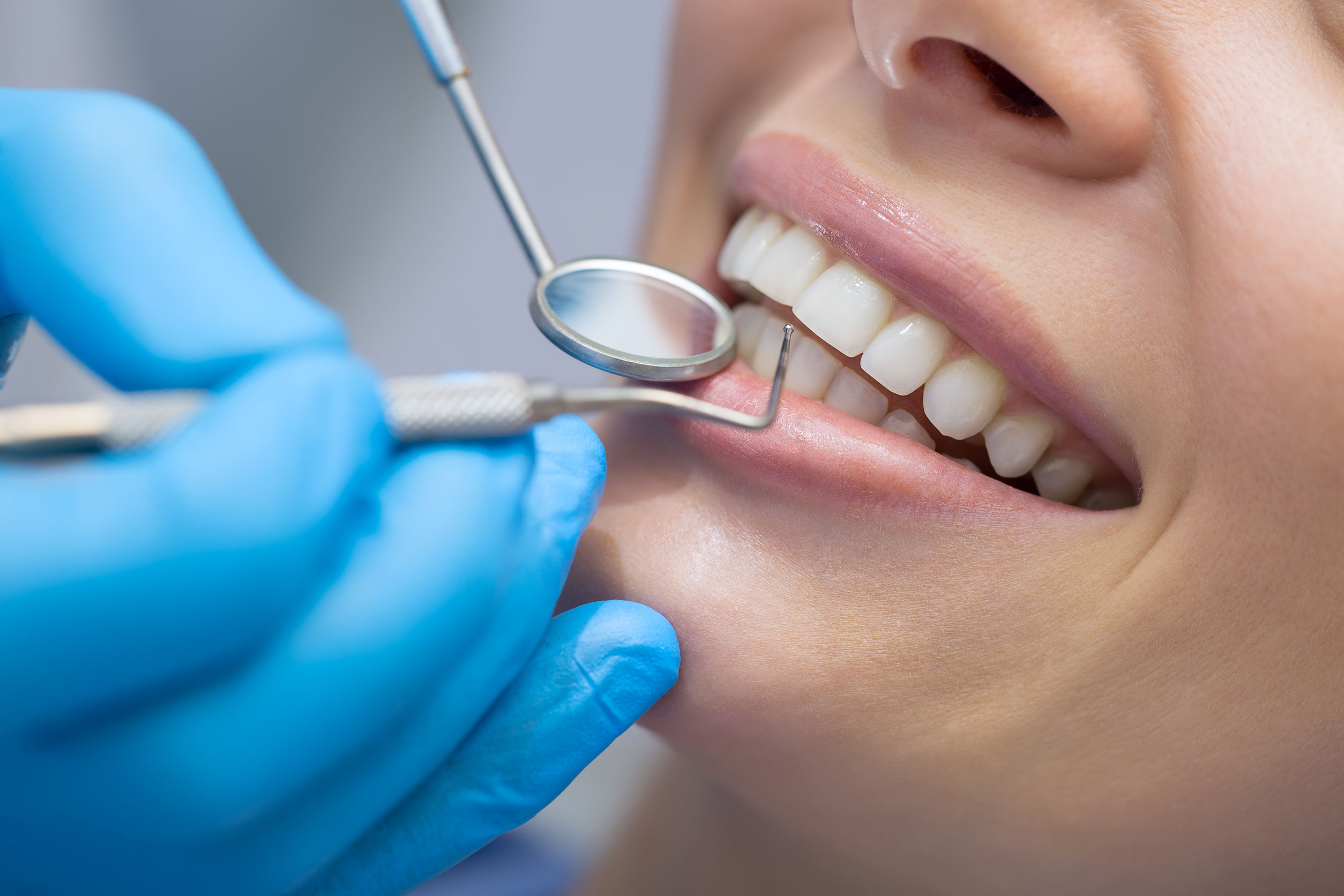
Acquire good oral hygiene reflexes
Children's hygienist
Clean teeth are very important for children and teenagers. Anyone who pays attention to dental hygiene from an early age can avoid negative consequences for their future. Childhood and then adolescence are essential periods for acquiring the right oral hygiene reflexes. The child hygienist intervenes to provide essential advice for maintaining dental health.
From the age of 1, it is not too early to start good habits. At this age, children love to imitate their parents and will enjoy brushing their teeth, guided by their parents. From the age of 4, children learn to brush their teeth by themselves under parental supervision. Toothpaste should be used from the age of 2 years. Indeed, before this age, the child does not know how to spit out well and therefore has a tendency to swallow toothpaste.
Why do baby teeth need to be cared for?
Milk teeth must be taken care of because they are essential to the development of later teeth and even to the growth of the child. Although they will fall out, their good health conditions those of the permanent teeth.
It is therefore important to make regular appointments from an early age.
When should I make an appointment?
At the Lancy Dental Centre, our goal is to create a relationship of trust with your child so that he or she understands how to take care of his or her oral health.
Not only does our approach allow every child to grow up with a healthy mouth, but also to maintain good dental hygiene until adulthood with the right advice.
A consultation as early as the formation of baby teeth at the age of 3 years is important in order to do a check-up but also so that your child discovers the world of dentists gently and painlessly.
These visits allow us to detect possible caries as well as other pathologies which can be treated early to reduce the long-term consequences (orthodontics). We also provide advice on the daily care of your teeth (type of toothpaste and toothbrush, brushing technique, interdental means) and answer any questions you may have.
The hygienist will then scrape and polish your child's teeth to remove plaque, tartar and discoloration.
Why is she important to your health?
Dental Hygiene
Oral hygiene is a set of practices to remove the plaque that permanently forms on the surface of the teeth.
The removal of plaque prevents periodontal disease. Indeed, bacteria are responsible for gum irritation: gingivitis. Gums become red, swollen or ulcerated. They bleed profusely at the slightest mechanical stress via a toothbrush, brushes, or dental floss. Caused by bacteria under the gums, this situation can degenerate into periodontitis, leading to the appearance of tooth mobility due to bone loss and subsequent tooth loss.
In addition, a number of bacteria present in dental plaque convert sugars into lactic acid. The action of this acid on the dental enamel leads to a demineralisation of the tooth and the appearance of a cavity: caries. Dental tartar, which consists of mineralized dental plaque, can no longer be removed by simple brushing. It has to be removed at the dentist by scaling.
To avoid gum problems or cavities, the dental hygienist will remove the above and below the gum line (scaling), polish and fluoride your teeth and screen for dental problems if necessary (x-rays). It also customizes the instructions for a good brushing technique at home, as well as the means of interdental cleaning. The hygienist thus contributes for your well-being to the prevention of periodontal and carious diseases.



